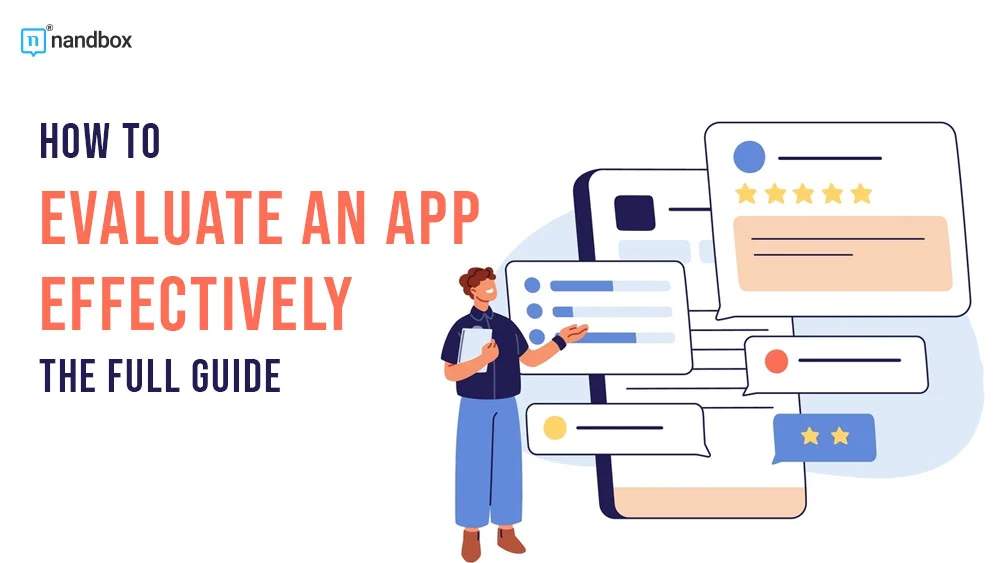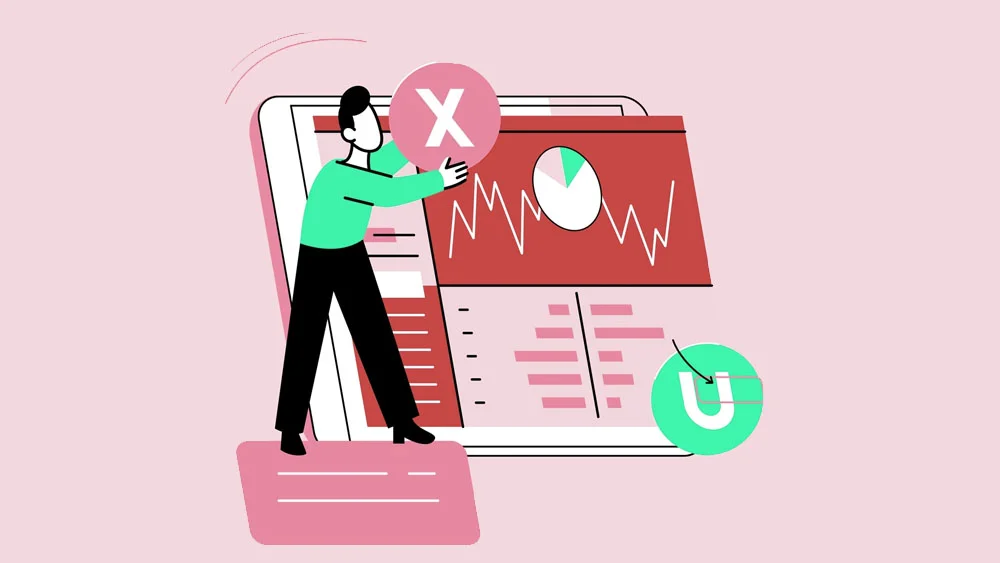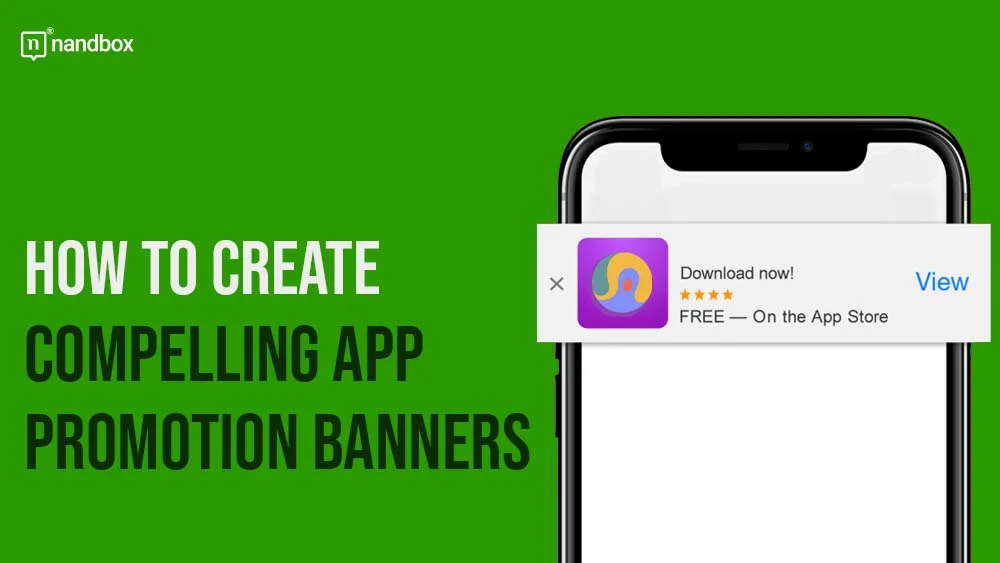Top Ways That Will Help You Know How To Evaluate an App Efficiently
In today’s technological era, we’re presented with a myriad of applications that are so promising. However, when apps are promising us better ways that will enhance our tasks, facilitate navigation, and boost our daily productivity, get to know and understand that not all apps will shine brightly and prove how great they are. How do you get to know the process, though? is another question that I’ll answer through this guide. App evaluation goes beyond its interface or flashy marketing scheme. It simply requires an eye for detail and a more systematic approach. One that will help you understand if the app you’re evaluating is actually worth it or not. Delve deeper with me in this guide and allow me to enlighten you. Moreover, tell you how to evaluate an app efficiently and easily.
To be able to understand how to evaluate an app is of the essence. This guide will help you demystify the whole process and provide app users with the power of knowledge. A power that will help them navigate the vast app market easily. We will get to understand how to assess an app’s functionality from a whole new perspective. Additionally, understand how to inspect security measures and evaluate them effectively. Allow me to help you get a grasp of the tools that you should equip yourself with in order to have a better evaluation strategy for apps in general.
How to Evaluate an App: Let’s Start By Understanding What App Evaluation Is
App evaluation is a simple thing to understand. Strategic, but simple. Getting to know how to evaluate an app is all about understanding how to simply assess some factors. Like the app’s quality, functionality, usability, and overall value. That is, before you allow it to take place in your digital environment. Assessing an app has its own multifaceted factors. Here is a list of things that you should know how to assess in order to evaluate an app:
- Interface Intuitiveness
- The App’s Performance
- The app’s Security Measures
- The App’s Reliability
- The App’s Relevance to User Needs
User elements like icons, pages, and more features that you integrate into your app are something that involves holistic application evaluation. Furthermore, more things to assess are the app’s technical aspects and stacks. The app evaluation process has a certain goal: to help deliver great app functionality, gather feedback, and see if the app prioritizes user security and privacy or not. Successful app evaluation is the foundation of making well-informed decisions, which in turn helps to create an online user experience that is both intuitive and engaging for users.
Evaluation Method No. 1: User Experience (UX)
It all starts with the ease of navigation in an app. Imagine with me a hypothetical scenario that dictates the following: You download an app that really seems very aesthetic and cool, and then, upon registering yourself and creating a profile, you find yourself redirected again to an empty registration form page. Additionally, after refilling your profile information, you find the app closing all by itself, redirecting you to your phone’s home menu. How would you feel about that? For me, I would immediately form the opinion or impression that this app lacks good functionality and would find that it is taking up extra space from my phone’s storage. That is why my first action that I will be taking will be uninstalling this app.
App’s Interface
In order to efficiently evaluate an app, you can start by taking the first step, which is exploring the app’s interface. Check out how the navigation process will go and how users in general will be able to perform their desired tasks using the app. Notice the app’s speed, responsiveness, and level of guiding clarity that users can get from the app’s very first preview. App design is something of an essence as well. The best way to conduct such evaluations would be to run specialized tests such as card sorting and usability testing with the help of a UX research tool. Such research will help you get real, in-depth insights concerning application areas that need to be improved.
It is of great importance to evaluate the design efficiently in order to introduce a nice product that will attract your users’ eye and encourage them to download and use your app frequently. Visually appealing apps tend to have better download rates and customer satisfaction than apps that are designed poorly or with dull and less interactive visuals. Having great UX for your app helps you foster loyalty and engagement, which is why it’s evaluation is crucial for your app’s success.
Evaluation Method No. 2: App’s Performance
Yes, I can’t emphasize enough how important this is in your app evaluation process. Knowing that your app has great performance will allow you to market it strongly in a busy market that is full of competitors. Begin by examining the time it takes to load, its responsiveness, and how the app handles various tasks under different conditions. Such as network irregularities or variations in devices. Moreover, make sure to monitor its stability and usage of resources. That is, to ensure it isn’t a battery drainage factor that drains it excessively.
You also have to make sure that your app doesn’t crash or lag frequently. The reason for expectations regarding performance can be provided by evaluating other applications that are comparable. Examine the effectiveness with which it maintains data, ensuring that storage use is maximized without sacrificing performance. When an application is well-performing, it not only operates without any hiccups, but it also keeps its quality intact across a variety of devices and usage scenarios, which guarantees a consistent and enjoyable experience for the user.
Evaluation Method No. 3: Functionality
Your app’s functionality solely depends on how your features work. You must conduct a comprehensive evaluation or assessment of the app’s features and capabilities in order to see if they’re allowing your app to function as it should or not.
Evaluating an app’s functionality involves a comprehensive assessment of its features and capabilities against its intended purpose. The very first step is to determine the primary functionalities that the app promises to deliver. Additionally, the degree to which they are really delivered to your users.
Perform exhaustive testing on every element and feature. That is, to focus on their usability, dependability, and relevance to the requirements and needs of your user. Take into consideration the incorporation of additional features and evaluate whether or not they contribute to your primary aim or divert attention away from it. Make sure they don’t divert your main app purpose, though, as this may cause unnecessary problems later.
Furthermore, investigate the app’s capacity to carry out duties in an effective manner without causing any mistakes or problems. An app that has been thoroughly assessed will, in the end, demonstrate robust and coherent functions that are in perfect harmony with user expectations. This will ensure that the app is able to deliver on its intended use cases in an efficient and dependable manner.
Evaluation Method No. 4: Security and Privacy
Maintaining trust and app loyalty is something that your app should always aim for. That is because users are the ones that will empower you to dominate the market and make the noise you need to make in order for the market to notice you. To begin, inspect the authorizations of the application, making sure that they are in accordance with its functionality and please, for the love of anything that you love, do not exceed its permitted limits.
When it comes to protecting private details during data transfer and storage, it is important to research the algorithms for encrypting the data that are used. Examine the app to ensure that it adheres to the best security practices and that it receives regular upgrades. Evaluate its security measures to determine whether or not it is transparent with regard to the practices of data collection, usage, and sharing.
In addition, studying the history of the application’s security flaws or data breaches can provide significant insights into the robustness of the application. An app that has been safely evaluated places a high priority on protecting the privacy of its users, takes stringent precautions to safeguard user information, and guarantees a reliable digital experience.
The Importance of Knowing How to Evaluate Your App
In order to give users an effortless and reliable digital experience, app testing is essential. It is important as it offers a methodical way to evaluate an app from each and every aspect. Such as an application’s applicability, quality, and dependability. And all of that happens before incorporating it into users’ devices and daily activities. Users can determine whether an app is a good fit for their needs by evaluating it. That is, regardless of whether those needs are for improving productivity, entertainment, or problem-solving.
Additionally, app evaluation supports privacy preservation, sensitive user data protection, and the identification of any security threats. Evaluation helps users make educated judgments by examining an app’s efficiency, performance, user interface and experience, and security measures. This promotes a more productive and pleasurable connection with technology. In the end, the app review process acts as a safety net, guaranteeing that users devote their time and confidence to applications that not only fulfill but also go beyond their expectations, thereby creating a more fulfilling digital environment.
In Conclusion
Knowing how to evaluate an app is like owning a compass that will guide you to the right success path. Additionally, point out worthy apps on the market for you if you’re not a developer. The power here lies in being able to identify apps that are strong enough, with great reliability, functionality, features, and usability, from ones that are poorly created or developed.
Want to talk business? Our native no-code app builder will help you create an app and evaluate it efficiently in no time and with the easiest testing methods ever. You won’t need any prior knowledge of coding or programming, and you will have all the tools you need to bring your app idea to life in a matter of days. Sign up now for nandbox’s native no-code app builder and don’t miss out on a seamless success opportunity like this!








